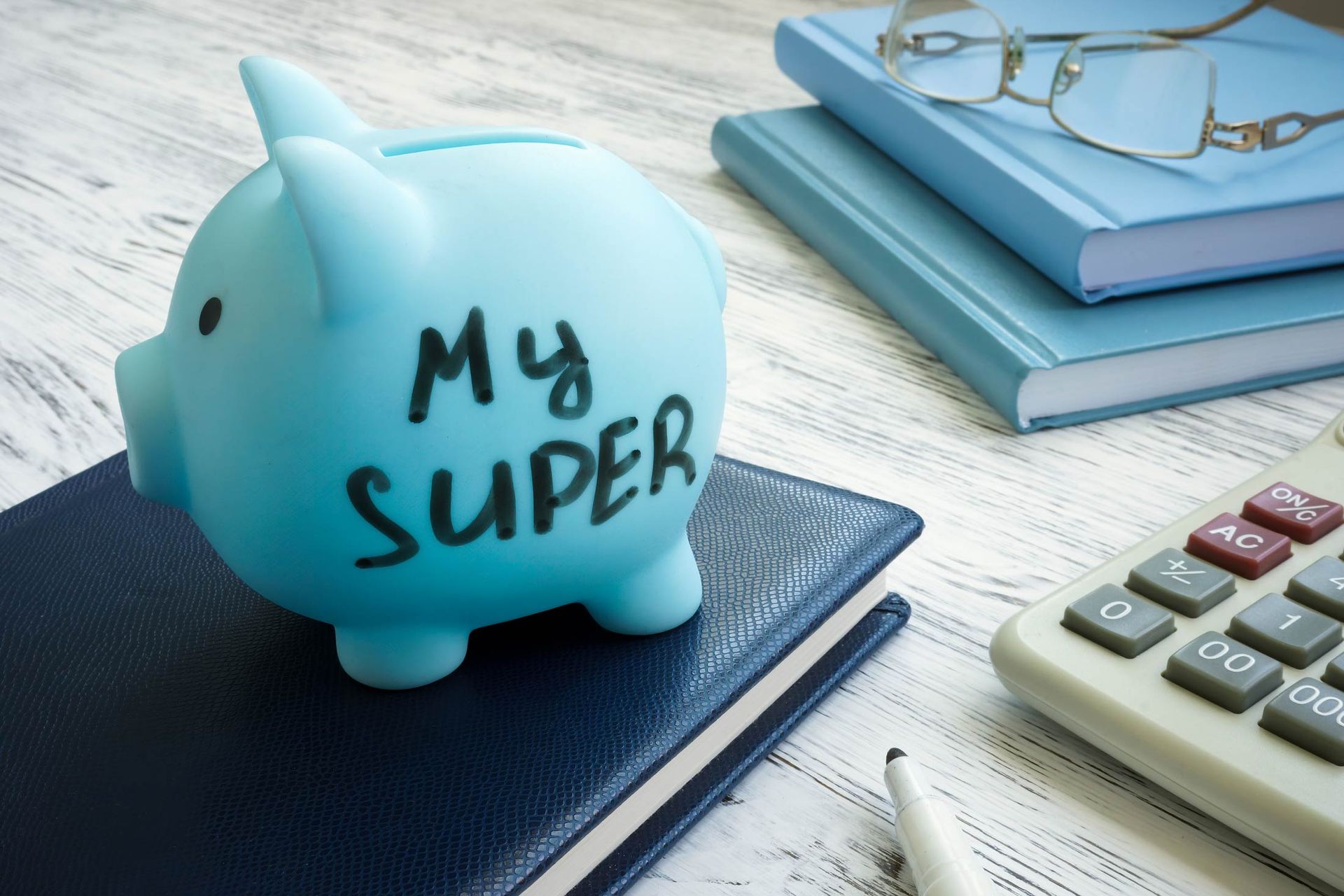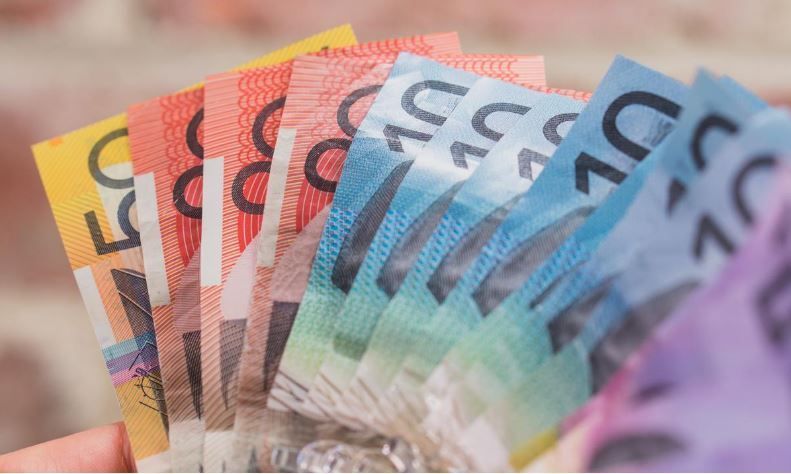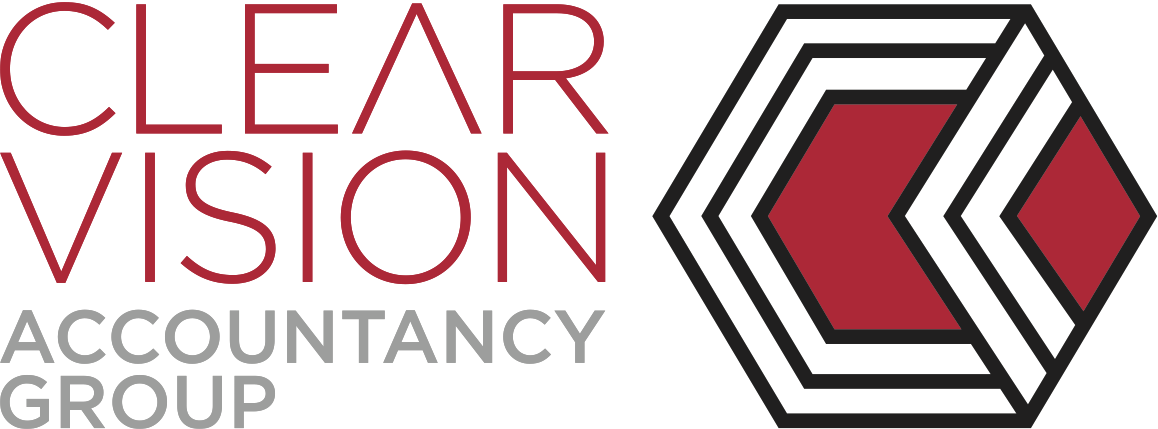What Records to Keep for Your Rental Property
If you own a rental property or holiday home, keeping the right records is key to maximising your tax deductions and staying ATO-compliant. This week, we’re highlighting what the ATO expects you to keep when it comes to residential rental properties.
Here’s a quick checklist of the documents you should hold onto:
Purchase & Sale Documents – Contracts, settlement statements, and legal documents.
Loan & Ownership Records – Loan statements, refinancing documents, land tax assessments.
Rental Income – If you don’t have a rental statement you will need to document all rental income received, including bond money retained, insurance payouts, and any other reimbursements.
Expenses & Repairs – Keep receipts and invoices for expenses like advertising for tenants, property agent fees, council rates, strata levies, repairs, maintenance, insurance, and interest on loans.
Depreciation & Capital Works – Receipts for assets over $300, depreciation reports, and capital improvement records. Before and after photos of any capital works.
Holiday Home Use – If your property is rented out part-time, you’ll need evidence of when it was genuinely available for rent (e.g. booking requests, advertising, availability calendars).
How long to keep records:
You’ll need to keep most records for
at least 5 years after lodging your tax return, or longer if claiming capital works or carrying forward losses.
Keeping detailed records ensures you claim everything you're entitled to—and makes things much easier in the event of an ATO audit.
Need help getting your documentation in order? Reach out to our team at Clear Vision Accountancy Group—we’re here to help.
To read a more detailed list of items you need to keep for your rental property visit: Records for rental properties and holiday homes | Australian Taxation Office





